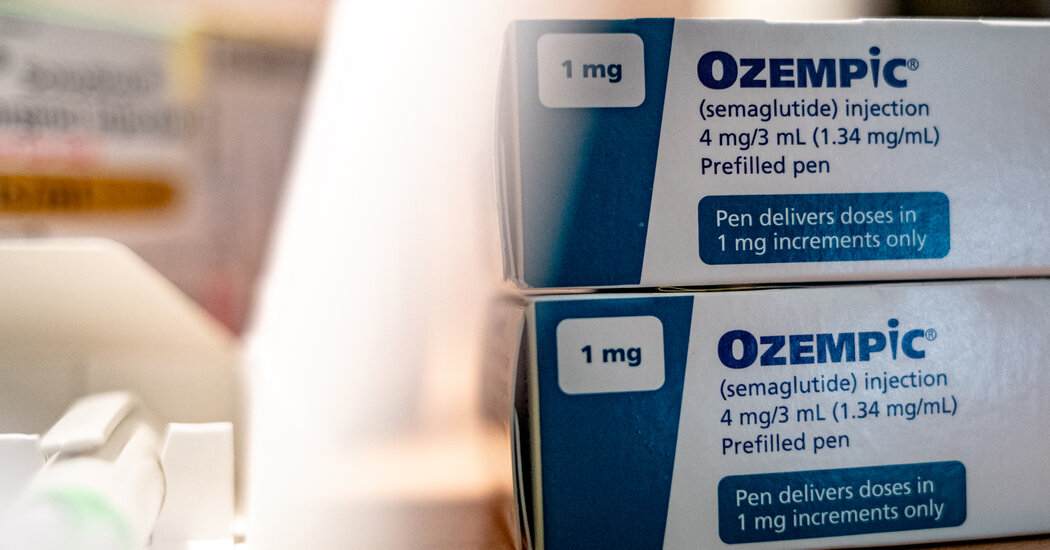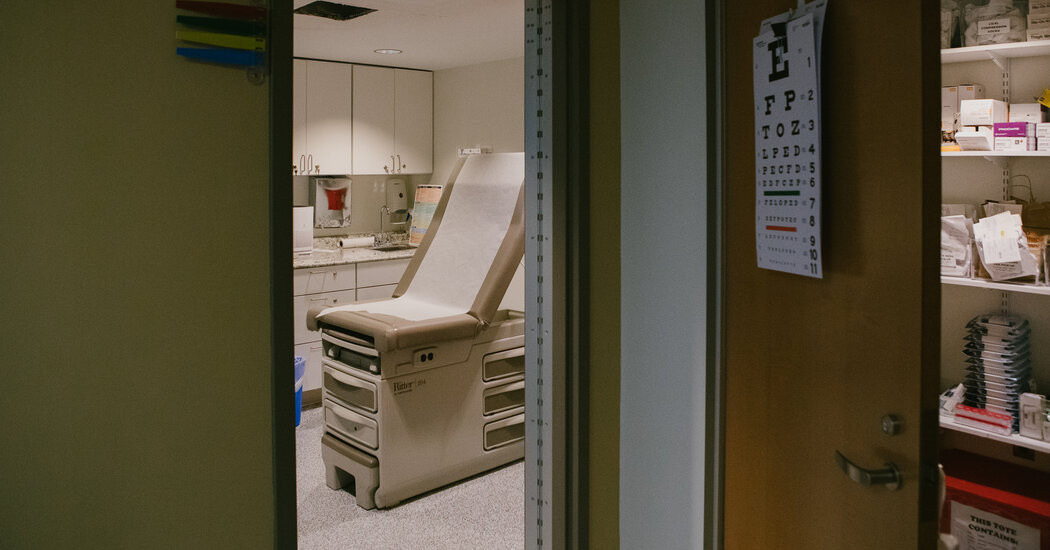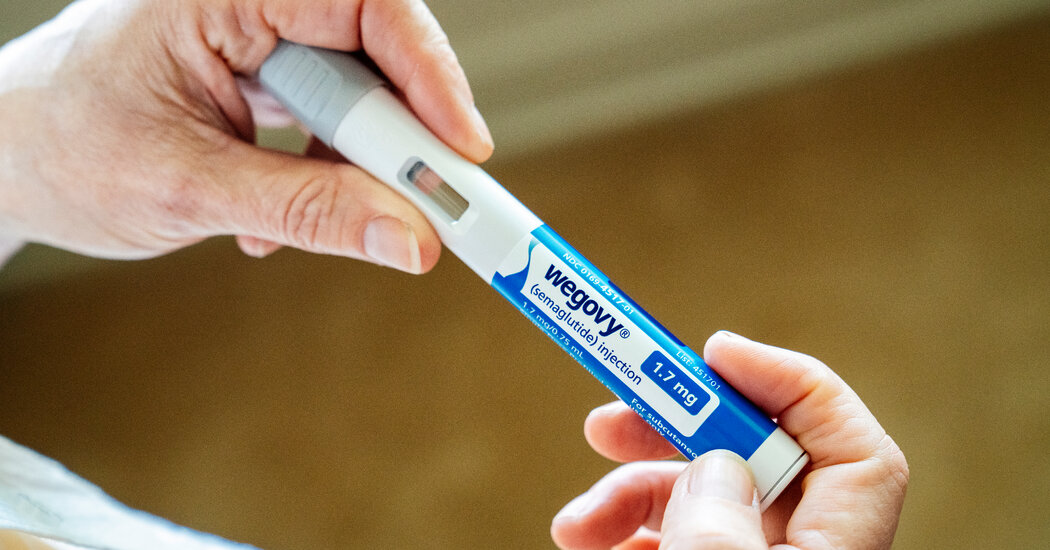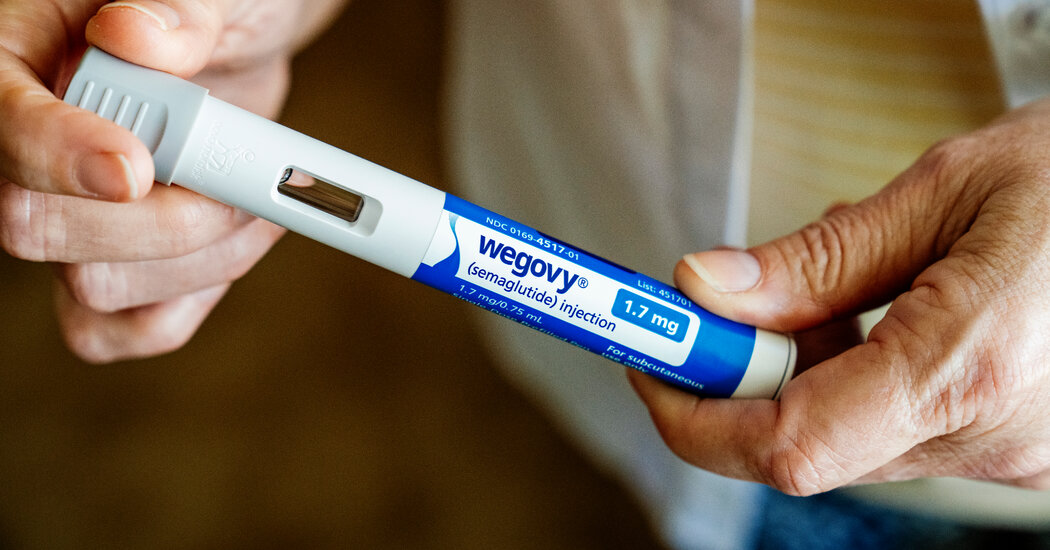New Amgen Drug MariTide Shows Promising Weight Loss in Early Data
The drug, which is named MariTide and delivered in a monthly injection, is years from being sold, but caused an average of up to 20 percent weight loss in a small group of patients.The pharmaceutical manufacturer Amgen announced on Tuesday that an experimental obesity drug helped patients lose an average of up to 20 percent of their weight in a year. The drug, using the brand name MariTide, is given by injection once a month, compared with once a week for other obesity drugs like Wegovy and Mounjaro that are already on the market.The data came from a clinical trial involving nearly 600 people. It was a Phase 2 trial, testing effectiveness as well as safety. The drug still must go through additional clinical trial phases involving many more patients, and then receive approval from the Food and Drug Administration before being sold to patients. The company has yet to set a price for the drug.Amgen also did not provide detailed data — that will come in later in a peer-reviewed study and will be presented at a meeting, the company said. Instead, to meet requirements of the federal Securities and Exchange Commission, it provided so called top-line data that could affect its stock price.Dr. Jeffrey Flier, a diabetes and obesity researcher at Harvard, said the results were “promising,” adding that MariTide “could be a future player in a highly competitive market.”Dr. Jay Bradner, the company’s chief scientific officer, noted a surprising effect of the drug: When the trial ended, many participants maintained their weight loss for as long as 150 days. That leaves open the possibility of less frequent injections or even of patients not staying on the drug permanently.Amgen also tested MariTide in a population with Type 2 diabetes, a group that tends to lose less weight with the new obesity drugs. On average they lost up to 17 percent of their initial weight.Some patients experienced side effects that included nausea that lasted an average of six days, and vomiting that persisted an average of one to two days. In each case, the averse effects resolved themselves.The Amgen drug differs in how it works from obesity drugs that are currently being sold, Wegovy by Novo Nordisk and Zepbound from Eli Lilly. Those are GLP-1’s, which means they bind to a protein on the surface of cells that respond to the gut hormone GLP-1. But MariTide is an antibody, a type of drug that is long lasting in the body. Sticking out from the antibody are two peptides that also bind to GLP-1 receptors.The antibody itself blocks the effects of another gut hormone known as GIP. Dr. Bradner said the company decided to block GIP because it had genetic data from Iceland indicating that people who had a variant that stops GIP from working were naturally thinner.Why the drug is effective remains a mystery. Eli Lilly’s drugs — Mounjaro, for diabetes, and Zepbound, for obesity — activate GIP. So why would a drug like MariTide, which inhibits it, be so effective? The company is sponsoring studies in mice to try to figure that out.This is a developing story.
Read more →









